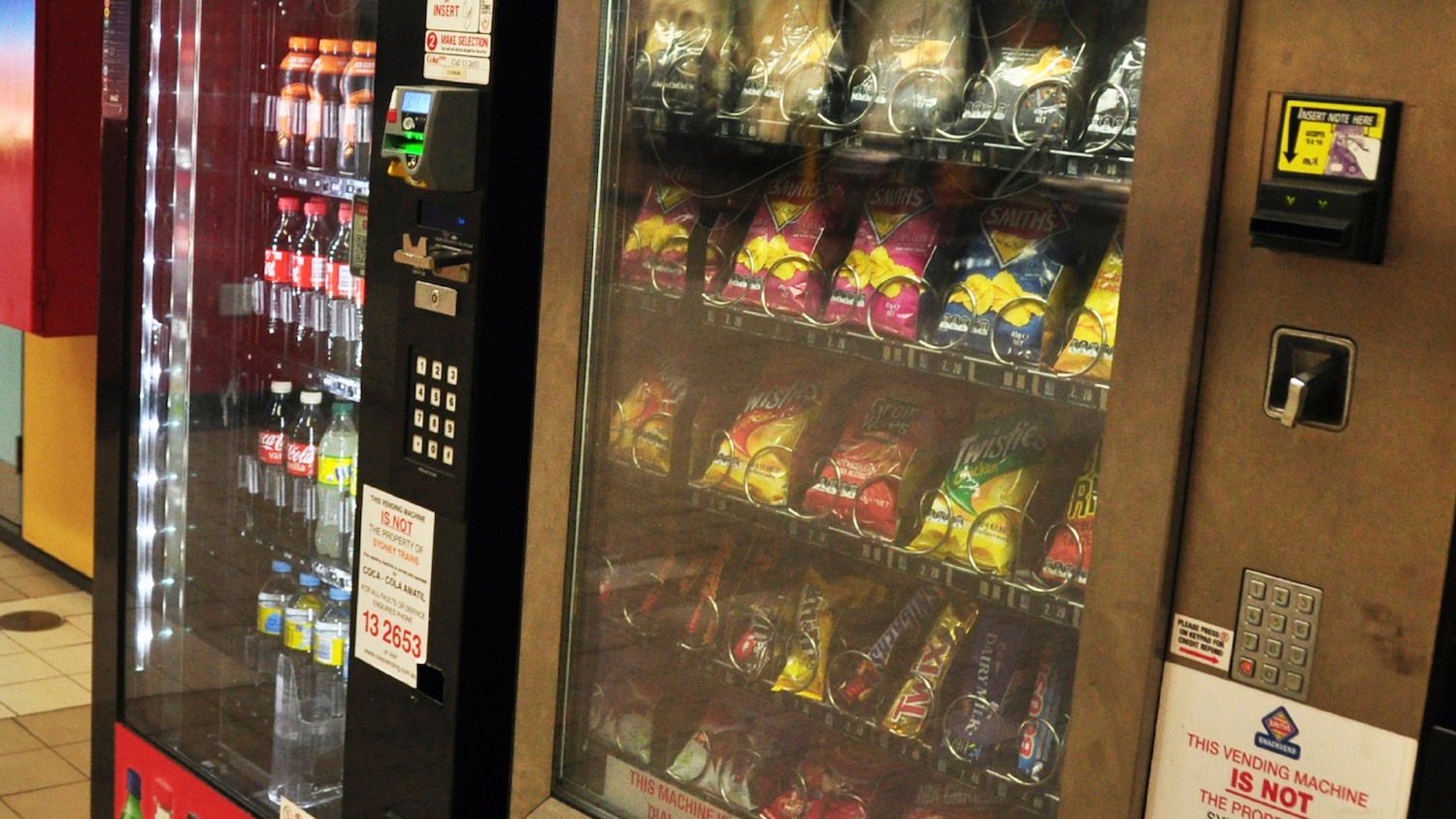
If God knows everything and can do anything—why do we need to pray?
We know that we’re needy and that only God can provide what we need.
We know that God’s supremely powerful over every circumstance of our lives and every threat that assails us.
We know that he’s full of love, grace and generosity.
In short, that he knows everything about us and can do anything we need.
So when we hear Jesus say, “Your Father knows what you need before you ask him” (Matthew 6 v 8), up pops the question in our minds: “So then, what’s the pointing of asking God for anything?”
Because prayer is for our benefit
“Prayer isn’t for God’s benefit (except that he delights in providing for his children) … It’s for our benefit.”
(Real Prayer: Connecting with our heavenly Father)
Our praying isn’t for God’s benefit. God doesn’t need us to inform him of our needs and wishes. He knows more about us—past, present and future, outside and inside—than we can ever know. No, God calls us to pray for our own benefit. If we don’t pray, we’ll miss out on something huge, wonderful and fundamental to the reason why we are here.
Paul’s example
It’s something Paul experienced and he wrote about the joy of it spilling over into the lives of fellow Christians, in 2 Corinthians 1.
While travelling in Asia, Paul and his fellow missionaries went through intense difficulties. Paul says, “We despaired of life itself. Indeed, we felt we had received the sentence of death” (v 8-9). But what followed this dark time was an extraordinary flourishing of trust, gratitude and joy… and that’s because Christians prayed.
Here’s what Paul learned about God’s purpose in allowing his trouble: “This happened that we might not rely on ourselves but on God, who raises the dead” (v 9). They did… and God did!
What follows? Paul celebrates: “He has delivered us from such a deadly peril” (v 10). Paul’ trust in God is strengthened: “He will deliver us again. On him we have set our hope that he will continue to deliver us.” Paul encourages others to share the same experience: “Help us by your prayers” (v 11). And Paul expects a flood of gratitude, joy, celebration and glory to God: “Many will give thanks on our behalf for the gracious favour granted us in answer to the prayers of many” (v 11). None of it would have happened without the praying of Paul and fellow Christians.
Surely Paul never doubted that God knew everything and could do anything. So for Paul, believing these things was not a reason not to pray—but precisely the opposite!
Getting to the heart of the question
That question—“If God knows what I need, why do I need to pray?”—is very revealing. When we think like that, we show we’ve missed something fundamental about ourselves and God: that God calls us into a relationship with himself. Human nature tends to view God as a sort of divine vending machine—and turns prayer into a technique to get from God things we would like, rather like putting coins into a vending machine to get a bar of chocolate. That question views God in the same way—it focuses on getting stuff from God and disregards any idea of a relationship with him.
Human nature tends to view God as a sort of divine vending machine.
But Jesus makes a claim unique to Christianity: he tells his followers that God is our heavenly Father. Since God is our Father in heaven, then we are his children, created and saved to live in a close, warm relationship with him—a relationship in which we can grow. And talking, asking and responding are how trust, love and joy grow in any relationship.
God calls us to pray to him and ask him for things because he knows everything, and can do anything—that’s a reason to pray! Since that’s the reality of the universe, what’s best for us is to live trusting him for everything. It’s safe to, and a joy to. It’s the way in which we will grow in understanding how he loves us.
“Your Father knows what you need before you ask him”, says Jesus. And then, by way of implication, he adds, “This, then, is how you should pray…”
This post is part of a series looking at the reasons Christians struggle to pray. Check out the previous two posts:
The lie you believe that stops you praying
What to remember when prayer feels like a chore
Discover more in our Good Book Guide: Real Prayer: How to connect with our heavenly Father.
Join the conversation and comment below. You can also like us on Facebook, follow us on Twitter, subscribe to our YouTube Channel, and download The Good Book Company App straight to your phone or tablet.